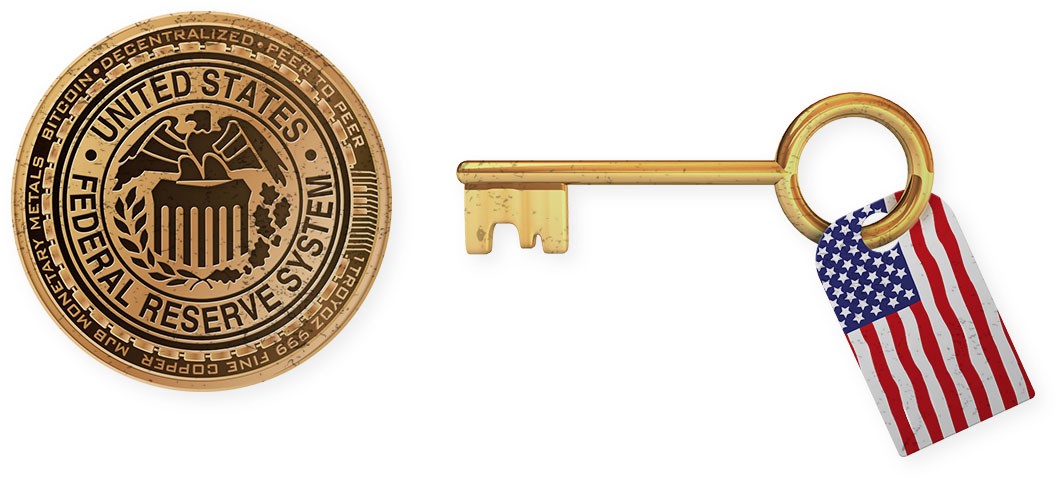PALO ALTO, Calif. (Reuters) - The Federal Reserve is looking at a broad variety of issues around digital payments and currencies, consisting of policy, style and legal considerations around possibly providing its own digital currency, Guv Lael Brainard stated on Wednesday. Brainard's remarks suggest more openness to the possibility of a Fed-issued digital coin than in the past." By transforming payments, digitalization has the prospective to deliver greater worth and convenience at lower expense," Brainard stated at a conference on payments at the Stanford Graduate School of Service.
Reserve banks worldwide are discussing how to handle digital financing innovation and the distributed journal systems used by bitcoin, which promises near-instantaneous payment at possibly low expense. The Fed is developing its own day-and-night real-time payments and settlement service and is currently evaluating 200 comment letters submitted late in 2015 about the proposed service's design and scope, Brainard stated.
Less than 2 years ago Brainard told a conference in San Francisco that there is "no engaging showed requirement" for such a coin. However that was prior to the scope of Facebook's digital currency aspirations were commonly known. Fed officials, consisting of Brainard, have raised issues about customer protections and data and privacy risks that might be positioned by a currency that might enter into usage by the third of the world's population that have Facebook accounts.
" We are working together with other reserve banks as we advance our understanding of central bank digital currencies," she stated. With more countries looking into issuing their own digital currencies, Brainard stated, that contributes to "a set of factors to also be making sure that we are that frontier of both research and policy advancement." In the United States, Brainard stated, issues that need study include whether a digital currency would make the payments system much safer or easier, and whether it could pose financial stability threats, including the possibility of bank runs if cash can be turned "with a single swipe" into the central bank's digital currency.

To counter the financial damage from America's unmatched fed coin price href="https://www.onfeetnation.com/profiles/blogs/fedcoin-the-u-s-central-bank-is-looking-into-it-reuters-5">Article source national lockdown, the Federal Reserve has actually taken unprecedented steps, including flooding the economy with dollars and investing straight in the economy. The majority of these moves received grudging approval even from numerous Fed doubters, as they saw this stimulus as needed and something just the Fed might do.
My brand-new CEI report, "Government-Run Payment Systems Are Unsafe at Any Speed: The Case Versus Fedcoin and FedNow," details the dangers of the Fed's existing prepare for its FedNow real-time payment system, and proposals for central bank-issued cryptocurrency that have actually been dubbed Fedcoin or the "digital dollar." In my report, I go over issues about personal privacy, information security, currency manipulation, and crowding out private-sector competition and development.
Advocates of FedNow and Fedcoin state the government should produce a system for payments to deposit immediately, rather than encourage such systems in Click here for more the economic sector by raising regulative barriers. But as kept in mind in the paper, the economic sector is supplying an apparently endless supply of payment technologies and digital currencies to solve the problemto the extent it is a problemof the time gap between when a payment is sent and when it is gotten fed coin news in a checking account.
And the examples of private-sector innovation in this location are numerous. The Clearing House, a bank-held cooperative that has been routing interbank payments in different types for more than 150 years, has actually been clearing real-time payments because 2017. By the end of 2018 it was covering half of the deposit base in the U.S.